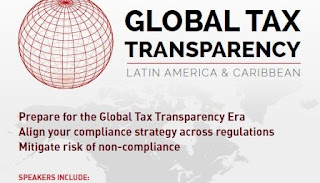Managing business risk in a digital age

Risk management—once seen as a pure safeguarding function—now has a more proactive role to play. As new risks, in particular digital disruption, emerge, the risk function will be crucial not only to defend against threats, but also to support growth and success in a digital future. Following a number of high-profile scandals, banks are faced with a tough regulatory environment and a harsh economic climate. Managing risk is crucial if they are to maintain success in this context. In addition to managing risk, however, it is now also important to adopt a proactive stance, pre-empting change and capitalizing on—rather than capitulating to—digital disruption. Successfully balancing defensive and proactive stances requires viewing risk management as an enabler of growth, and collaborating across the business to strengthen the effectiveness of risk functions. According to the research conducted by Accenture (2015) ind...







